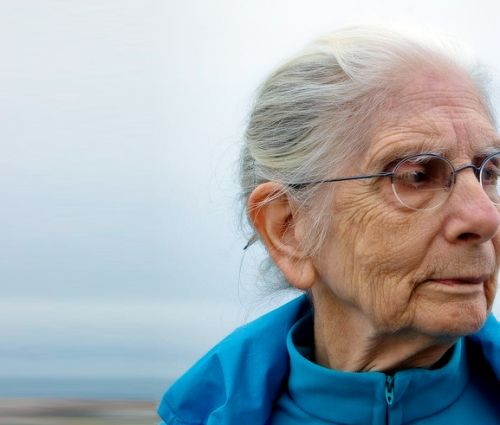Does Anesthesthia Cause Dementia In The Elderly? New Study Says No

General anesthesia during surgeries does not put adults at risk of developing dementia, a new study finds.
Despite some experts calling anesthesia a personality changer and numerous complaints from family members that detail their loved one experiencing memory loss or dementia, the findings finally put these theories to rest.
In the study published Wednesday online in Mayo Clinic Proceedings, researchers analyzed thousands of patients to conclude that receiving anesthesia for surgical procedures after the age of 45 does not put the person at risk of developing dementia. It's common for the elderly, however, to experience cognitive function problems a few weeks after surgery.
"It's reassuring we're adding to the body of knowledge that there is not an association of anesthesia and surgery with Alzheimer's," said David Warner, lead author and pediatric anesthesiologist at the Mayo Clinic Children's Center. "There are a lot of things to worry about when an elderly person has surgery, but it seems that developing Alzheimer's isn't one of them."
Between 1985 and 1994, researchers analyzed 900 patients from Olmsted County, Minn. over the age of 45 and living with dementia and compared them to the same age group without dementia.
Nearly 70 percent of the patients in both groups had undergone surgery with anesthesia, demonstrating that those with dementia did not display worse symptoms and those without it did not develop the condition.
The study culminated records from the Rochester Epidemiology Project, a medical registry of all the residents in Olmsted County that's available for research purposes.
Dementia is a term used to describe symptoms, including decline in mental ability or memory loss. The common example is Alzheimer's disease, which impedes on the lives of 5 million people in the United States, and it's the sixth leading cause of death. In 2013, the disease is expected to cost the country $203 billion, with the numbers predicted to rise to $1.2 trillion by 2050.



























